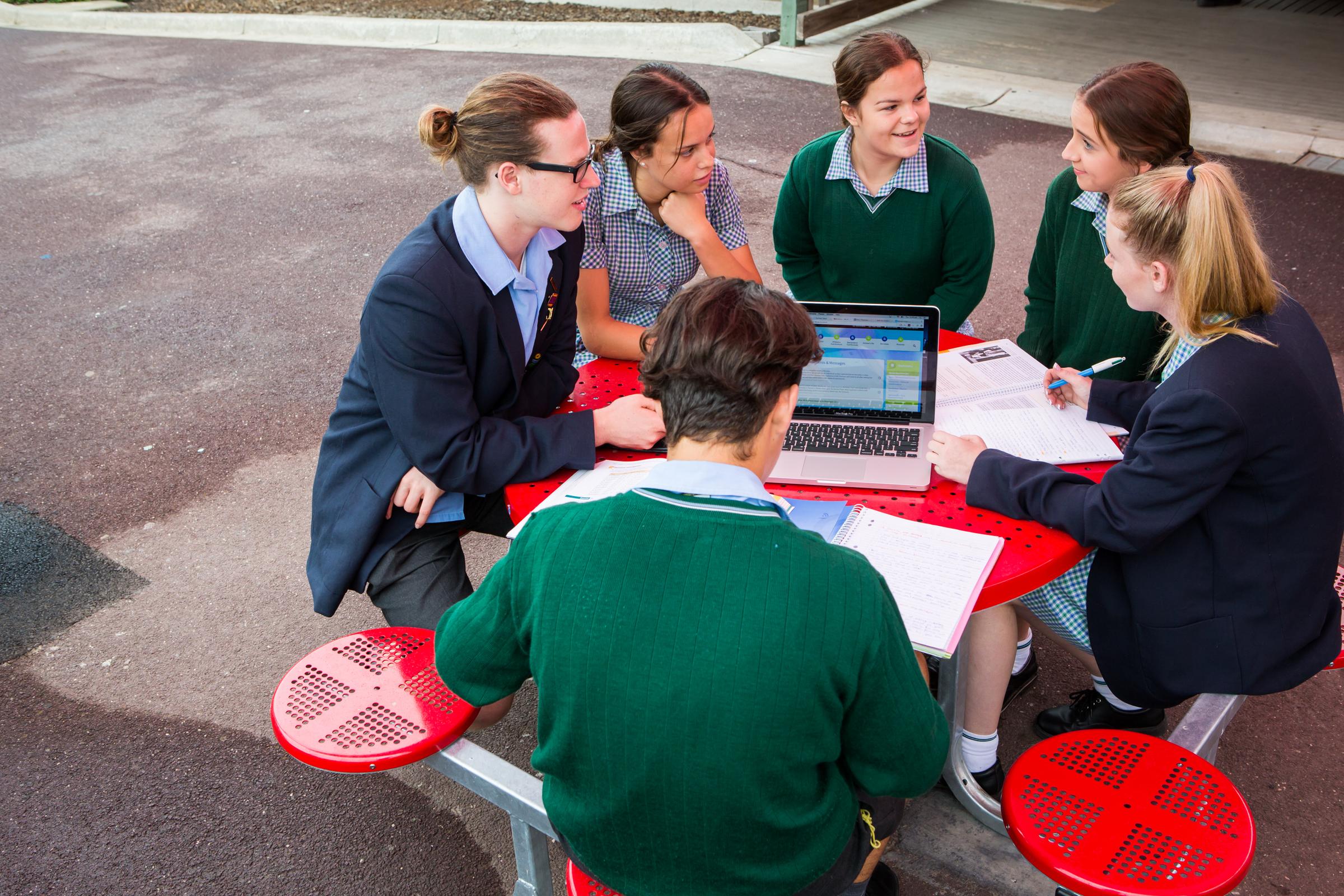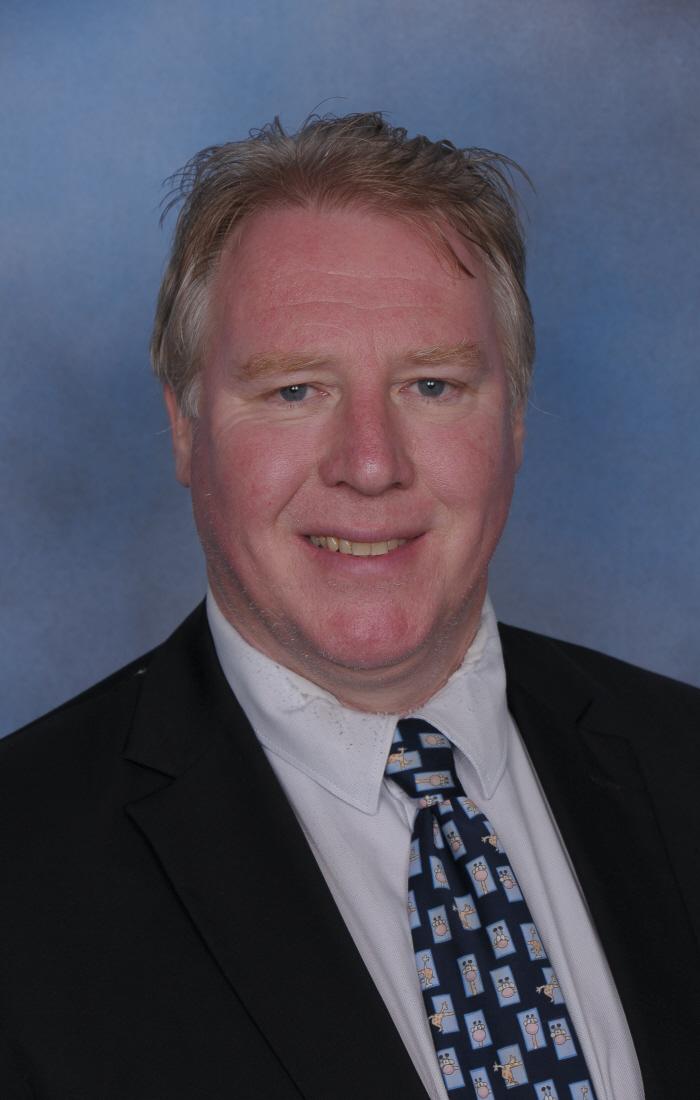Brookhill

Mr David Murphy
Thank you
Well done everyone: we made it!
I would like to extend a big thank you to all students and families for the way we have worked together to get through this term.
Year 10 and 11 Mid-Year Exams
All Year 10 and Year 11 students will have finished their mid-year exams by tomorrow. Formal exams at Years 10 and 11 are an important part of the Aitken College Senior School program. The majority of students who complete VCE will have their ATAR result determined largely by their performance in formal Year 12 VCAA exams. It is important that students use Year 10 and 11 exams to learn exam preparation skills. Some important points that students should be learning from the exam process are:
- How do I best prepare for formal exams? What forms of study and revision work are best for me?
- How can I manage the stress of the exam room? What things should I be doing on the morning of exams to ensure I am in a mental state conducive to optimum performance?
- How should I use reading time effectively?
- Exam technique: do I always have to do question 1 first? How do I ensure I don’t miss any easy marks?
These ideas, and other important exam preparation tips, are covered in the Elevate Education Study Skills seminar on exam preparation, delivered to all Year 12 VCE students at the annual Year 12 Student Learning Conference.
Absence from Exams
It is worth noting that, while arrangements can be made for exams missed at Year 10 and 11 levels, it is an entirely different matter when it comes to official Unit 3-4 VCAA exams.
Re-sits or make-up exams do not exist at Year 12. If a student misses a Unit 3-4 VCAA exam because they stayed home sick, in most cases they will be awarded zero for the exam and have their ATAR score dragged down significantly. It is a harsh reality that illness is not catered for when it comes to VCAA exams. A student who wakes up on the day of an exam feeling sick, must turn up and do their best.
Piercings, Hairstyles and Dress Length
Looking ahead to Term 3, I remind parents about College expectations and standards regarding piercings, hairstyles, facial hair and dress length:
- I ask parents not to send students to school with piercings, other than a single stud or sleeper through the ear lobe. All other piercings, including clear plastic items, are against the College grooming policy. Students who claim they cannot remove fresh piercings will have to stay home until the piercing can be removed.
- Hairstyles that are exaggerated or designed to attract significant attention are not acceptable. In particular, I refer to hairstyles that are shaved at the sides and much longer on top. Students presenting with hairstyles of this nature will be asked to modify their hairstyle, or stay home until it grows out.
- Boys are expected to be clean shaven. Boys presenting with facial hair will be required to shave before being allowed into class.
- Girls’ dresses must reach the kneecap. Girls with unacceptably short dresses will be asked to lower the hemline or purchase a more acceptable dress. Girls persistently presenting with unacceptably short dresses will be removed from class.

